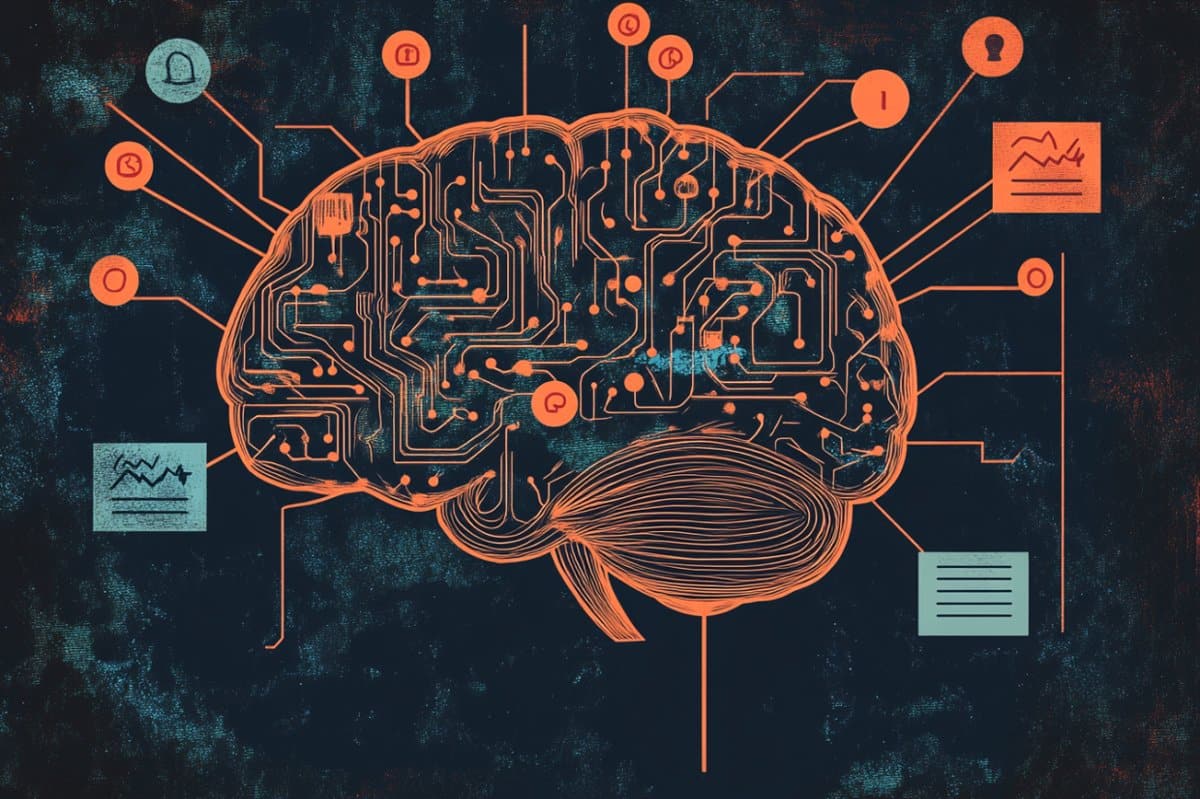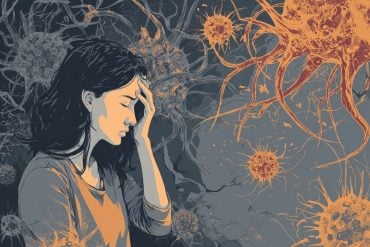Summary: A new study has identified a brain circuit that correlates with how intensely people engage in politics, regardless of their political beliefs. Researchers examined data from 124 male military Veterans with penetrating brain injuries and found that lesions in certain brain areas affected levels of political involvement.
Higher engagement was linked to damage in regions associated with cognitive control, while lower engagement corresponded with areas tied to fear and empathy. The findings suggest a shared neurological basis for political intensity that spans the ideological spectrum.
Key Facts:
- Shared Circuit: Political intensity, not ideology, is linked to a common brain circuit involving the dorsolateral prefrontal cortex and posterior precuneus.
- Lesion Impact: Lesions in fear/empathy regions (amygdala, anterolateral temporal lobes) were associated with lower political engagement.
- Ideological Neutrality: Political views did not correlate with any specific neuroanatomical patterns.
Source: Mass General
A new study has identified a common brain circuit for intensity of political involvement across the political spectrum.
Researchers from Mass General Brigham assessed data from 124 male military Veterans with penetrating head trauma, finding that lesions to a distinct circuit were associated with intensity of political involvement.

These effects were consistent across conservative and liberal participants, suggesting that the circuit is tied to political intensity, not political ideology.
Results are published in the journal Brain.
“Many studies have examined brain differences between conservatives and liberals, but our study focuses instead on intensity of political involvement, and in that respect, we find that people across the political spectrum are more similar than they are different,” said corresponding author Shan Siddiqi, MD, director of Psychiatric Neuromodulation Research Center for Brain Circuit Therapeutics at Brigham and Women’s Hospital.
To conduct their study, researchers analyzed data from participants in the Vietnam Head Injury Study who had completed behavioral testing approximately 40-45 years after sustaining penetrating head trauma.
The testing included a political questionnaire that asked participants to rate their intensity of political involvement, which included their level of interest in politics, frequency of following politics in the media, and frequency of discussing politics with others.
The researchers found that political involvement was more intense in people who had experienced lesions connected to the dorsolateral prefrontal cortex and the posterior precuneus, parts of the brain believed to manage cognitive control and executive function.
Political involvement was less intense in people who had experienced lesions connected to the amygdala and anterolateral temporal lobes, which are involved in fear and empathy.
The authors note that political views did not correlate with any discernible neuroanatomical features and did not influence the relationship between neuroanatomy and political engagement.
Authorship: Additional authors include Stephanie Balters, Giovanna Zamboni, Shira Cohen-Zimerman, and Jordan H. Grafman.
Disclosures: Siddiqi is the owner of intellectual property involving the use of brain connectivity to target TMS, scientific consultant for Magnus Medical, investigator-initiated research funding from Neuronetics and Brainsway, speaking fees from Brainsway and Otsuka (for PsychU.org), shareholder in Brainsway (publicly traded) and Magnus Medical.
Funding: The present work was supported by the National Institute of Mental Health (Grant No. K23MH121657 and R01MH136248 to Siddiqi). Siddiqi has also received funding from nonprofit organizations including the Baszucki Family Foundation and the Brain & Behavior Research Foundation, as well as investigator-initiated industry-sponsored funding from BrainsWay Inc and Neuronetics LLC. The funders were not directly involved in the conceptualization, design, data collection, analysis, decision to publish, or preparation of the manuscript.
About this politics and neuroscience research news
Author: Brandon Chase
Source: Mass General
Contact: Brandon Chase – Mass General
Image: The image is credited to Neuroscience News
Original Research: Closed access.
“Effects of focal brain damage on political behavior across different political ideologies” by Shan Siddiqi et al. Brain
Abstract
Effects of focal brain damage on political behavior across different political ideologies
Intense political behavior is associated with brain regions involved in emotional and cognitive processing. However, it remains unclear if this neuroanatomy is causal, compensatory, or otherwise correlated.
We employed lesion network mapping in a cross-sectional study of 124 male military Veterans with penetrating head trauma. 40-45 years after the injury, participants reported current political behavior and recollection of political behavior pre-injury.
Using a normative connectome database (n = 1000), we mapped the circuitry functionally connected to lesions associated with changes in intensity of political involvement, ideological polarity, and party affiliation.
No significant neuroanatomical circuit was associated with political ideology or party affiliation, but a distinct circuit was associated with intensity of political involvement. Political involvement was more intense after lesions connected to the left dorsolateral prefrontal cortex and posterior precuneus, in the full sample and in conservative-leaning participants.
Political involvement was less intense after lesions connected to the amygdala and anterior temporal lobe, in the full sample and in liberal-leaning participants. These effects survived cross-validation in the full sample (p=0.01) and in both conservative-leaning and liberal-leaning participants.
These findings may inform cognitive mechanisms of political behavior as well as clinical assessment after brain lesions.






